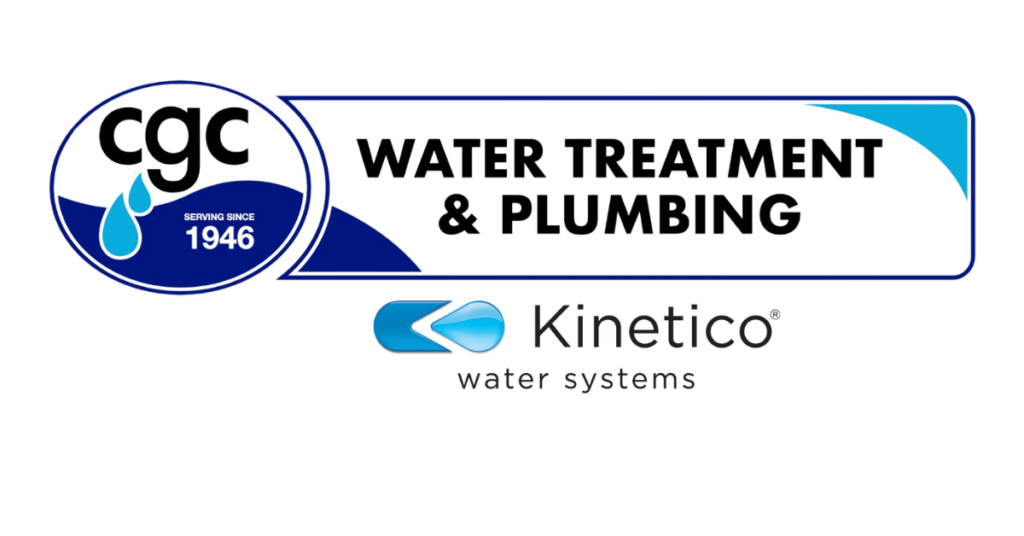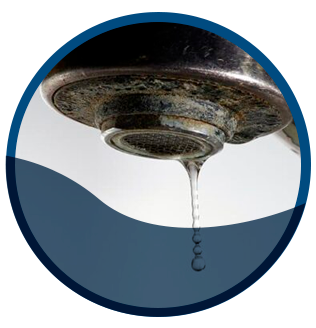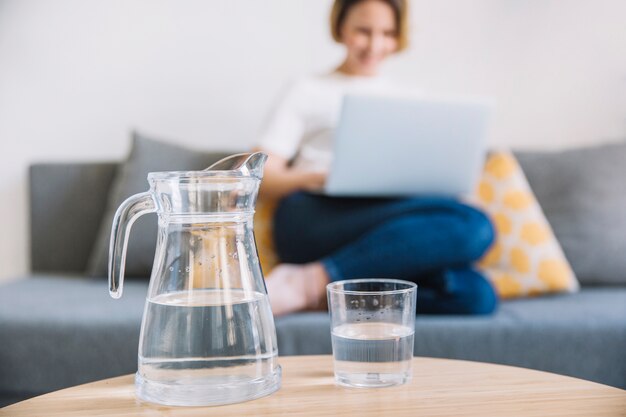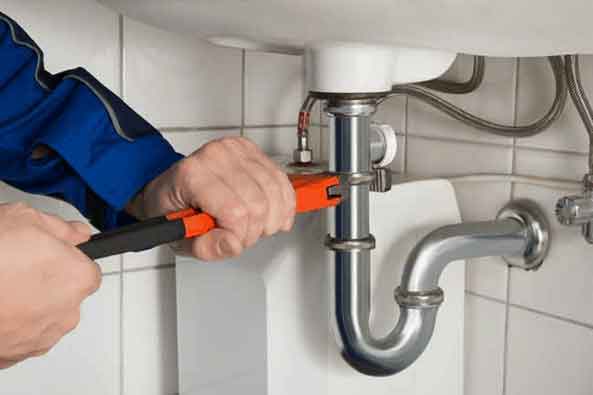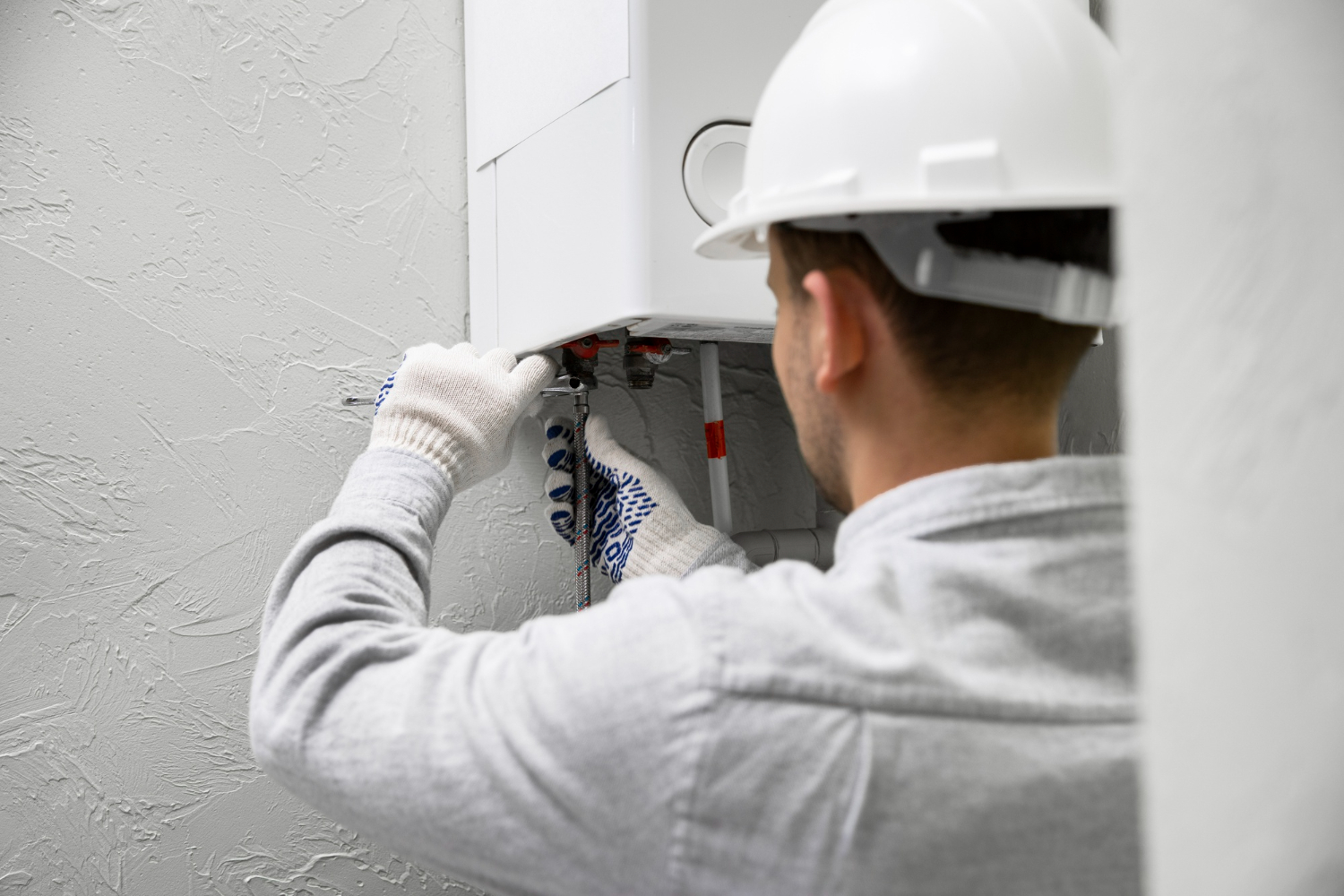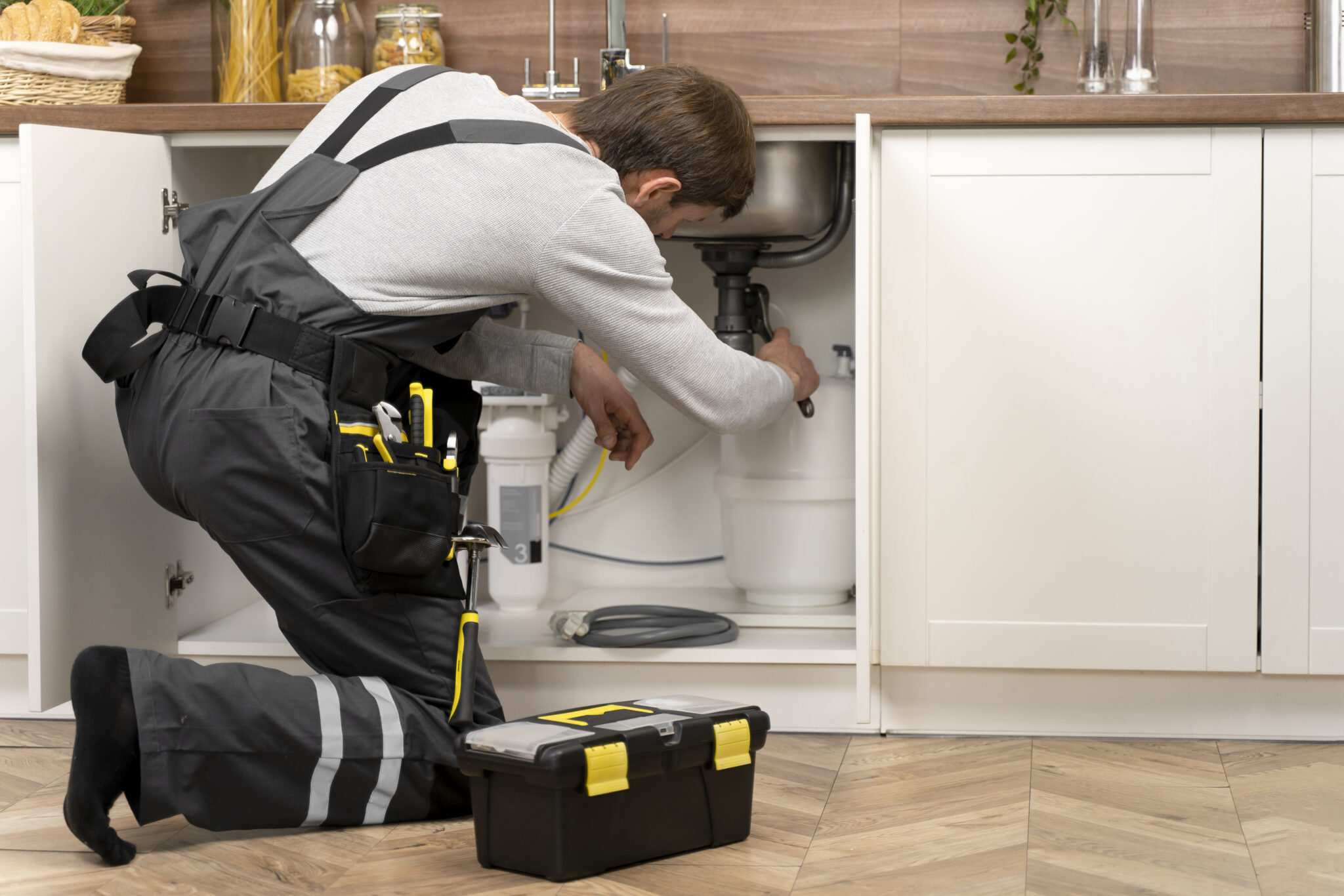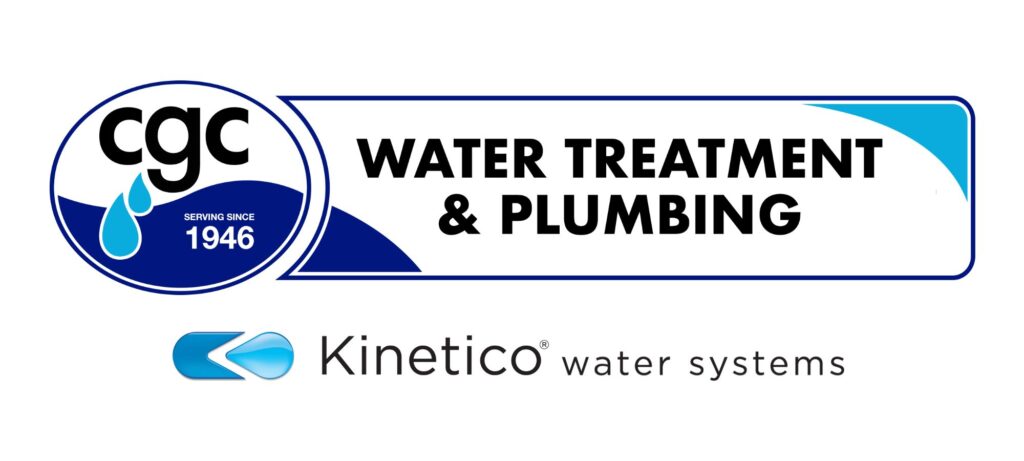Many people complain about plumbing issues due to hard water, these problems arise due to the high levels of minerals found in hard water. The excess calcium and magnesium damage your plumbing over time and lead to plumbing issues. Let’s understand what steps can be taken to reduce these issues and protect your home’s plumbing.
What Is Hard Water?
Water that contains minerals in excess amounts is called hard water, it mainly contains calcium and magnesium. While hard water is generally safe for consumption, in the long run, the large amounts of minerals can build up and create scale deposits in your pipes, fixtures and appliances.
Clogged Pipes
A common problem caused by hard water is the clogging of pipes, as the water flows through your home’s plumbing daily, it leaves behind some amounts of mineral deposits that accumulate over time and become hard. Over a period of time, these mineral deposits become larger and reduce the diameter of your pipes, which leads to slow water pressure and flow. If the scale deposit is too severe, it can even lead to complete blockage of the pipes and costly repairs.
Damaged Appliances
Hard water does not just affect the plumbing of your house, it also affects your electrical appliances. Appliances like water heaters, dishwashers and washing machines are especially prone to damage. Once scale buildup happens inside the appliances, their efficiency reduces drastically and it leads to higher energy consumption. Plus, it even reduces the lifespan of the appliances. For instance, a water heater that has a large amount of scale buildup has to work harder to heat water this in turn leads to higher energy consumption and the risks of appliance breakdown also increases.
Stained Fixtures and Surfaces
Another common sign of hard water is stained fixtures and bathroom surfaces. You might have noticed white, chalky residue on your sinks, faucets and showerheads, these deposits are scale buildup from hard water. Limescale deposits are quite difficult to clean and to remove them thoroughly you may have to buy special cleaning products, this makes cleaning a hassle. With time the limescale buildup can damage the finish of your bathroom fixtures, making them look dull and worn.
Soap Scum and Reduced Cleaning Efficiency
When the minerals present in hard water come into contact with soap, it leads to the formation of soap scum, a stubborn residue. The soap scum causes unsightly build-up on sinks, shower doors, bathtubs and other surfaces. It also makes cleaning things harder as the cleaning efficiency of soap is greatly reduced in hard water, soap doesn’t foam properly and you have to use more soap to get things clean. Even the clothes washed in hard water become dull and stiff and the dishes washed in the dishwasher also have spots and streaks.
Increased Maintenance Costs
Homeowners who have a hard water supply have to deal with so many issues that this leads to increased maintenance costs. The costs add up as homeowners have to hire plumbers to unclog pipes, get damaged appliances repaired and use more cleaning products to deal with soap scum and limescale buildup. Investing in a water softening system can help reduce these issues and save you money in the long run.
If you’re facing problems with hard water, don’t wait until it leads to costly repairs! Contact CGC Water a leading plumbing company in Jacksonville that provides quality plumbing repairs and services. Our plumber in Jacksonville, FL can assist you with all your plumbing needs and help keep your home’s plumbing in optimal condition.
